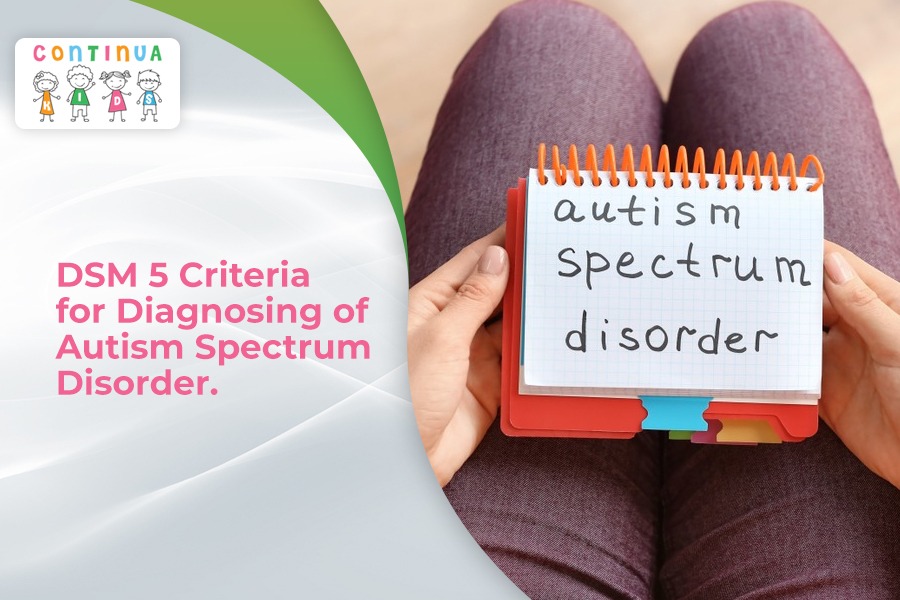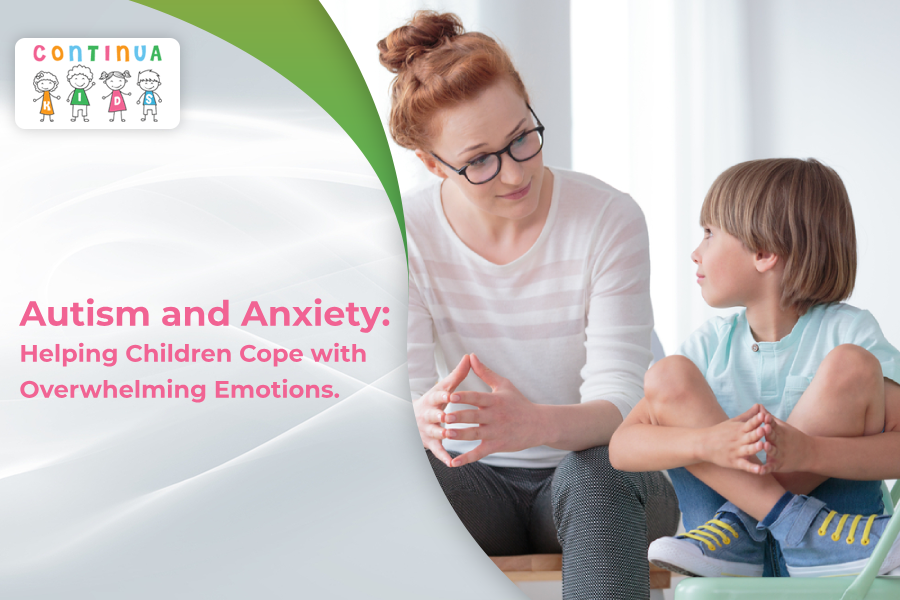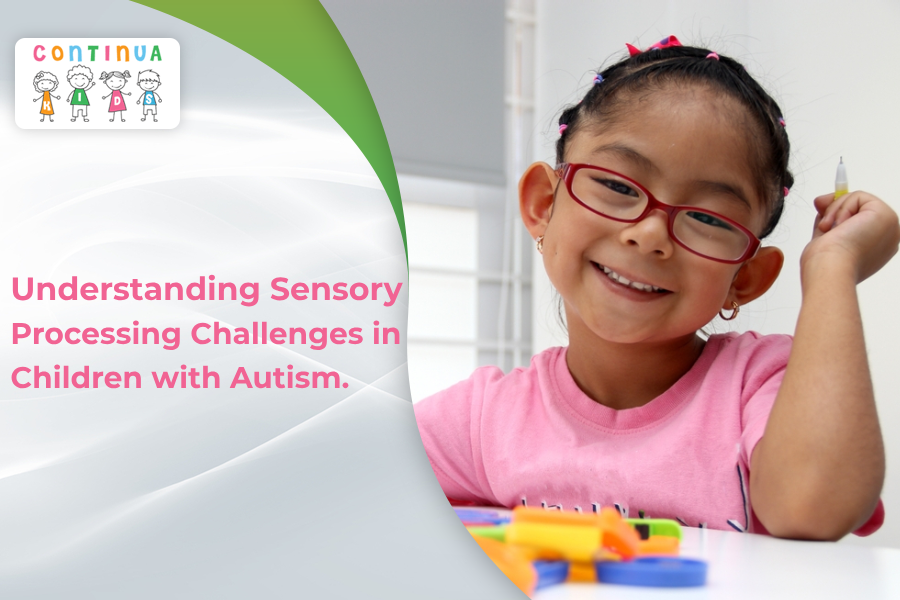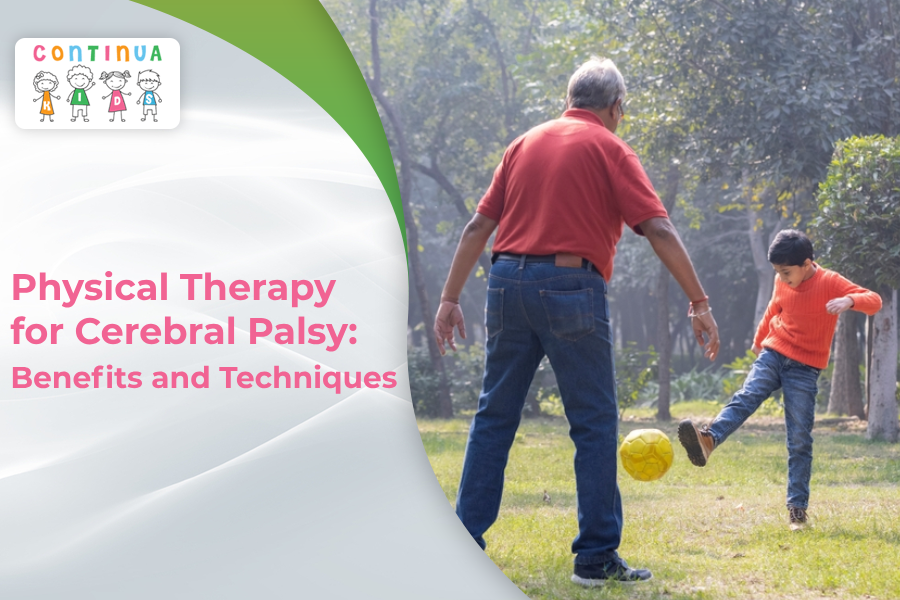DSM 5 And Autism Diagnosis
Autism spectrum disorder is diagnosed based on issues in two areas: \’social communication\’ and \’restricted, repetitive, and/or sensory behavior or interests.\’
Children must meet the following criteria to be diagnosed with ASD:
have problems in both areas
have had characteristics from an early age, even if they aren\’t identified until later in life.
Difficulties in social communication
Children must have difficulties with social communication in order to be diagnosed with an autism spectrum disorder. The following are signs that you\’re having trouble in this area:
- Rarely using language in order to communicate with other people.
- Not speaking at all.
- Rarely responding when spoken to.
- Not sharing interests and achievements with parents.
- Inability to comprehend gestures such as waving or pointing.
- Using limited facial expressions to communicate.
- Inability to have shared interests with friends or facing difficulty in making friends.
- Rarely engaging in imaginative play.
Restricted, repetitive, and sensory behavior or interests
To be diagnosed with autism spectrum disorder, children must have difficulties with confined, repetitive, and/or sensory behaviors or interests. The following are signs that you\’re having trouble in this area:
- Obsessive lining up of toys in a particular pattern/manner.
- Speaking in a repetitive way.
- Frequently flicking switches or spinning objects.
- Showing narrow and intense interests.
- Need things to happen in a similar fashion.
- Having trouble with changes in their schedule, or being reluctant to change altogether.
- Not like the everyday sounds of objects like a hand dryer, and becoming distressed due to sensory sensitivities.
Meeting these criteria could result in the diagnosis of your child under the autism spectrum disorder.
Severity
Aside from the modifications in ASD diagnosis criteria, the new DSM-5 also includes a severity rating. The revised DSM includes methods for determining the severity of ASD in each individual. The severity levels are as follows:
Level 1: \”REQUIRING SUPPORT\”: People with this level of severity have trouble initiating social connections, may have strange or unsuccessful answers to others\’ social advances, and may appear to have lost interest in social interactions. Repetitive behaviors can also make it difficult to function on a regular basis. These people may have a hard time shifting their focus away from their set interests.
Level 2: \”REQUIRING SUBSTANTIAL SUPPORT\”: People with this level of severity have significant delays in both verbal and nonverbal communication. Even with support, people have a limited willingness or ability to start social interactions and have trouble building social relationships with others. The narrow interests and repetitive activities of these persons are clear to the casual observer and can obstruct functioning in a number of situations. When interests and/or behaviors are disrupted, high degrees of distress or frustration might emerge.
Level 3: \”REQUIRING VERY SUBSTANTIAL SUPPORT\”: This level of severity causes considerable impairment in daily functioning for people with ASD. These people have a hard time initiating social interactions and responding to others\’ social overtures, and their verbal communication skills may be severely limited. Preoccupations established rituals, and/or repetitive behaviors obstruct daily functioning and make coping with change difficult. It\’s really difficult to sway this person away from their concentrated hobbies.
Where To Seek Help?
If your child meets these requirements, it is necessary to get in touch with a professional at the earliest. Consult us at Continua Kids to get in touch with the best autism doctor in Delhi. At Continua Kids, we support specially-abled children to live the life that they deserve. We are a research-directed, holistic center, and aim to impart early intervention programs concerning your child’s overall well-being. By providing guidance and support in your parenting experience, we strive to help your child reach their full potential in all aspects of life.
Call us and book an appointment today!




